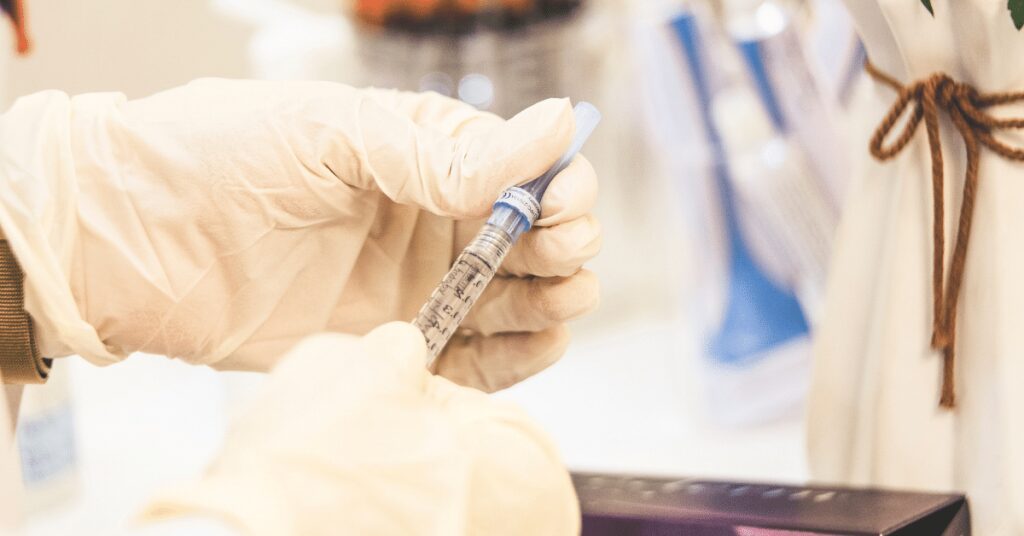Otonomy, a California-based pharmaceutical firm, is making great strides in tinnitus treatment with their pioneering drug OTO-313. This medication has already been tested on patients during clinical trials and initial reports of its success have instilled optimism among researchers worldwide. In this article we will delve into the groundbreaking progress being made with regards to medical application as well as analyze what it could mean for those suffering from tinnitus across our planet.
Otonomy’s website describes OTO-313 as a drug designed to treat tinnitus, mentioning that “OTO-313 is a sustained-exposure formulation of gacyclidine, a potent and selective NMDA receptor antagonist, in development for the treatment of tinnitus.” A successful Phase 1/2 trial was recently completed, and now the company is advancing OTO-313 into full Phase 2 development.
Gacyclidine Tinnitus: Clinical Trials OTO-313
The Phase 2 trial is designed to be based on the successful Phase 1/2 trial, and initiation was scheduled for the first quarter of 2021. In July of 2020, Otonomy reported positive top-line results from Phase 1/2 of OTO-313 in patients with unilateral tinnitus (tinnitus in just one ear) of at least moderate severity. The trial demonstrated a positive clinical response for a single intratympanic injection of OTO-313 (that is, an injection through the eardrum) using the Tinnitus Functional Index, which is a questionnaire that correlates with tinnitus loudness, annoyance, and patient global impression of change measures.
"Treble Health helped me reduce my tinnitus by about 80%, and now I can live my life again!"


"Treble Health helped me reduce my tinnitus by about 80%, and now I can live my life again!"
– Steve D.
Book a free consultation to learn which Treble Health solution is right for you. Join Steve and thousands more who have found lasting tinnitus relief.
Phase 2 involves a more expanded population of patients with tinnitus in just one ear. In order to make the study more robust, the researchers are disallowing patients with severe hearing loss from being included, and they are also increasing the minimum score of the Tinnitus Functional Index required for entry, meaning more patients are eligible for entry. The researchers are also allowing more individuals to enter based on the timeline of their tinnitus and are extending the observation period to assess the durability of the treatment effect.
OTO-313: A Tinnitus Cure In Development?
So far, the data from the OTO-313 trials have involved a fairly limited sample size. Yet as the drug’s popularity continues to increase and additional clinical trials are conducted, its pool of study participants is likely to become even larger.
These predictions are contingent upon the success of the experiments. If research and data demonstrate that these medications are unsuccessful in a fair, double-blind way, then both financial support and enthusiasm for these trials will drop off. However, if there is hopeful news to report, resources and curiosity around them would naturally increase too.
OTO-313 and its counterparts characterize a revolutionary approach to tinnitus treatment. These drug solutions are inserted into the cochlea to modify the inner ear’s physiology as well as reconstruct any impaired components within the auditory apparatus. If it turns out that this is the leading cause of your tinnitus, then these kinds of drugs could potentially offer relief, so they are worth monitoring closely for the time being.
Next Step: Book Free Consultation
- 75% of patients reduced their tinnitus within three months after following our recommendations.
- "I feel like Treble Health literally gave me my life back." - Randy S. (verified customer)
- Join thousands of people who have reduced their tinnitus after scheduling a free consultation.


















